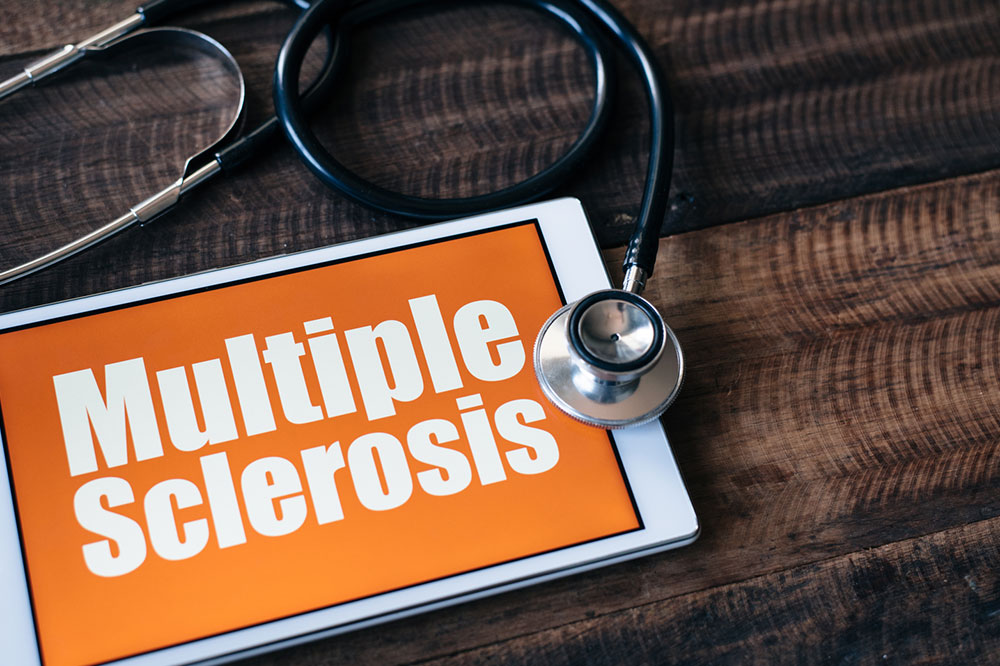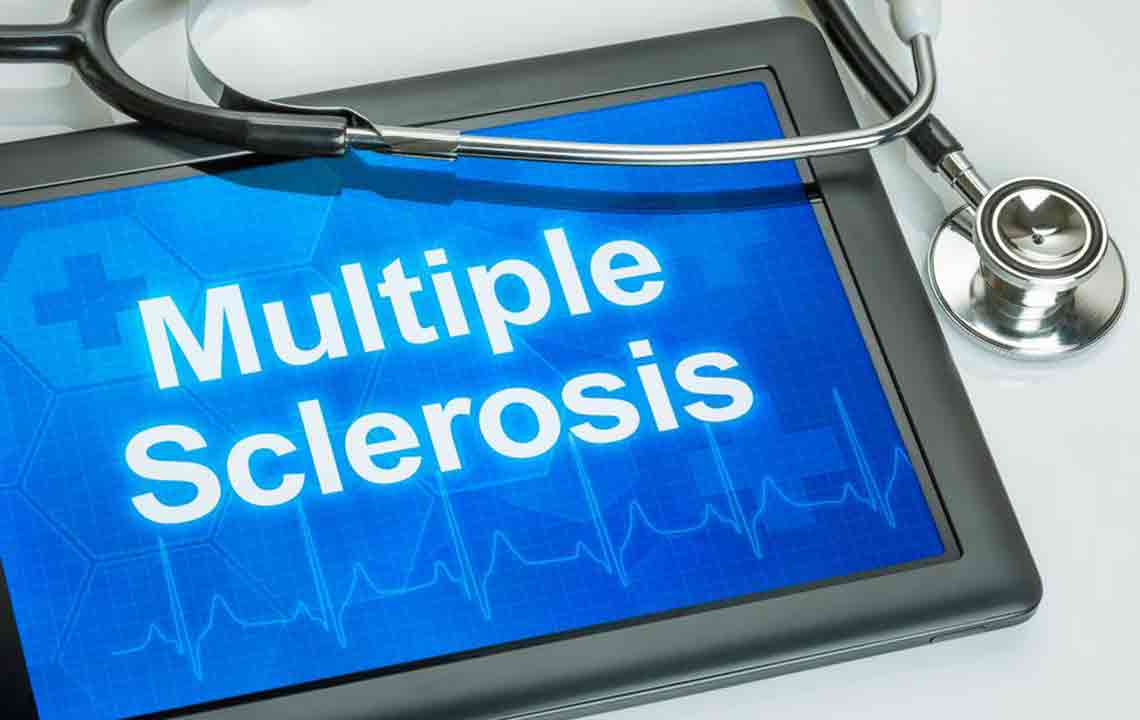Understanding Multiple Sclerosis: Symptoms, Risks, and Management
This comprehensive overview explains multiple sclerosis, highlighting its symptoms, risk factors, and management strategies. Early diagnosis and treatment are vital for improving patients' quality of life. The article emphasizes recognizing signs like fatigue, vision problems, and mobility issues to seek prompt medical attention. While no cure exists, lifestyle modifications and medical interventions can help control the disease progression and reduce its impact. Understanding risk factors such as age, gender, smoking, and family history can aid in prevention and early intervention. Proper awareness and timely healthcare consultations are essential for managing MS effectively.

Understanding Multiple Sclerosis: Symptoms, Risks, and Management
Multiple sclerosis (MS) is a serious neurological condition that can result in significant disability of the central nervous system and brain. The immune system mistakenly attacks the protective myelin sheath surrounding nerve fibers, disrupting communication between the brain and body. As the disease progresses, nerves may deteriorate permanently, leading to various functional impairments. Symptoms differ widely among individuals; some may become wheelchair-dependent, while others experience long periods without new symptoms.
The challenge with MS is the absence of a cure. Though treatments can alleviate symptoms and slow progression, complete remission remains unattainable. Medications help manage attacks and modify the disease course. Recognizing key symptoms early is vital for treatment and improved quality of life.
The severity of symptoms varies based on individual cases and nerve involvement. Prompt medical attention upon noticing symptoms can slow disease progression and enhance life quality.
Common symptoms to watch for include:
Sudden episodes of dizziness
Problems controlling bladder and bowel functions
Slurred speech and difficulty speaking fluently
Tremors, unsteady gait, and coordination issues
Visual problems like double vision or gradual vision loss
Weakness or numbness in limbs, often unilateral
Tingling sensations and localized pain
Neck shocks, especially when bending forward
If experiencing these signs, consult a healthcare provider promptly for early diagnosis and management.MS can also lead to several complications, affecting both mind and body, including:
Muscle spasms and stiffness
Partial paralysis, mainly in the legs
Depression due to mobility challenges
Bowel and bladder dysfunction
Mood swings and memory issues
Seizures
Sexual health disturbances
Though no cure exists, lifestyle adjustments, early treatment, and avoiding risk factors like smoking and family history can help control symptoms. Women are twice as susceptible as men, mainly between ages 15-60. Early medical consultation upon symptom onset is crucial for better management and disease control.









